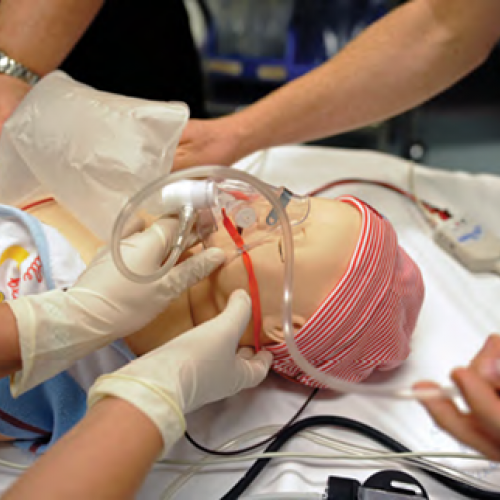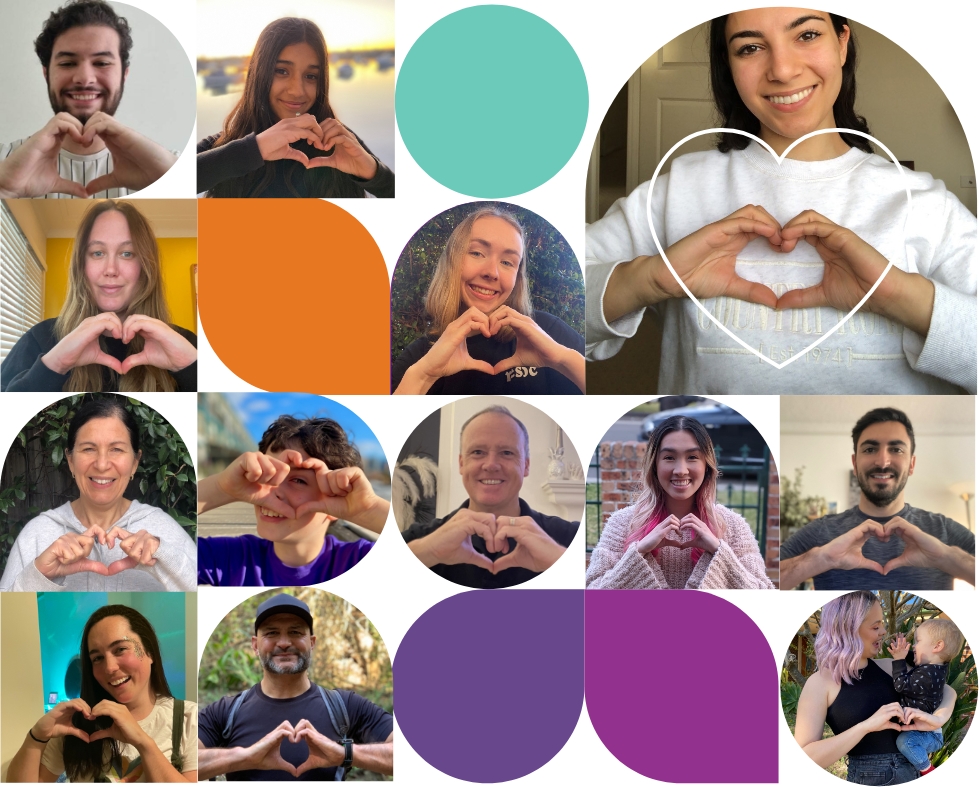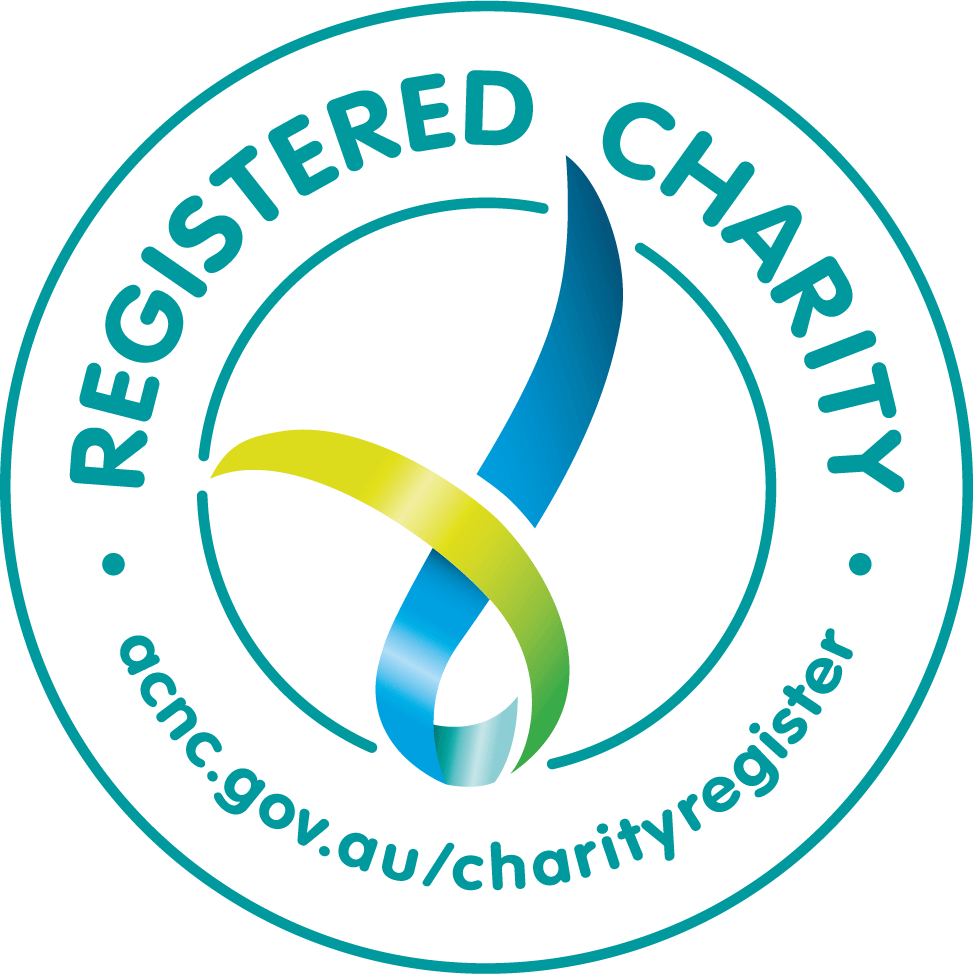|
Each year, more than 97,000 sick kids will walk through the Emergency Department doors across Sydney Children’s Hospitals Network. From common injuries to rare conditions, every second counts in the ED. By providing comprehensive learning experiences to develop key knowledge, skills, and attitudes, the ED Simulation Program aims to ensure that the ED team provides safe, high quality emergency around-the-clock care. The ED Simulation Program consists of skill stations, workshops, and rehearsals in which manikins, actors, and smart technology are used in the delivery of real-life procedures – mimicking what could come through the doors at any minute, of any day. Scenarios are designed to create ‘simulated’ situations, to allow the practice of emergency drills without risk to children. In the training, key skills are also taught such as teamwork, leadership, and handling difficulty conversations with staff and families. Frontline workers can learn and practice in a secure environment, enhancing their skills and confidence needed in real-world situations. |

|
Since the ED Simulation Program was established in 2015, more that 2,825 paediatric healthcare workers have been intensively trained in life-saving techniques. The curriculum has been developed for more than ten courses that are held annually. International collaborations have been established and joint learnings have been shared with local and overseas groups, elevating kids’ health globally. As part of these collaborations, Boston Children’s Hospital in the US, and Starship International in New Zealand, have delivered and annual three-day Simulation Faculty Development Program that has helped develop more than 46 additional simulation educators across SCHN, NSW, and internationally. The Simulation Program has been expanded to other critical care areas in the past year, including the Intensive Care Unit, Paediatric Anaesthetic Department, operating theatres, and the Recovery Ward due to its proven success and ongoing investment from SCHF, thanks to people like you. Jane Cichero, ED Nurse Educator and Nurse Simulation Lead, said, “Ideally, we see the Simulation Program as a vehicle that can support learning and work across all areas to reduce risks to patients, families, and staff, and improve the quality and safety of care we provide.” |











